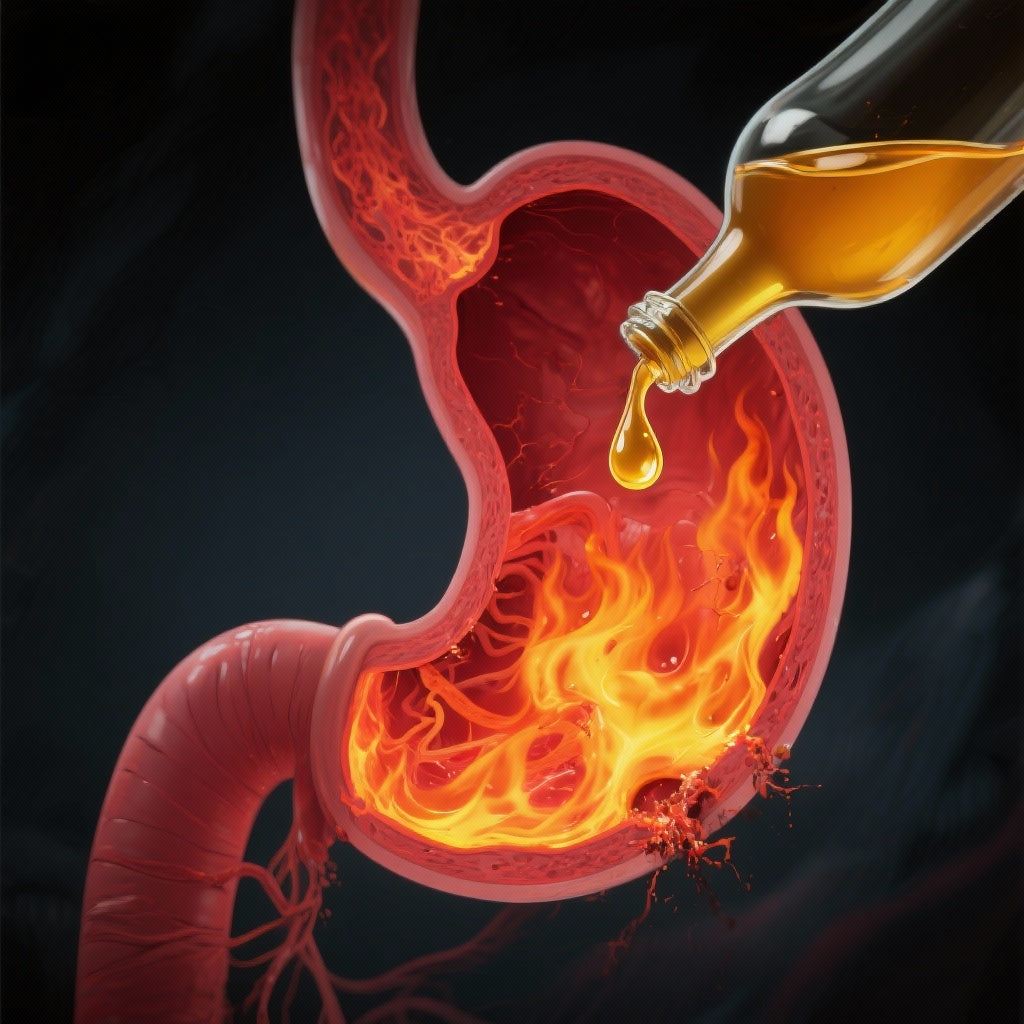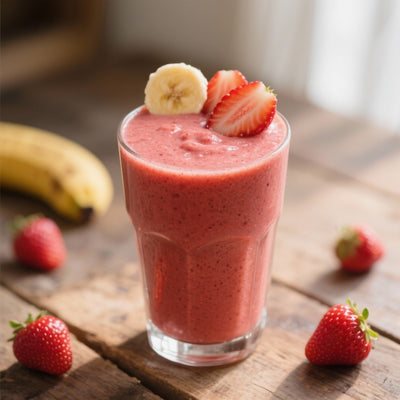Why Drinking Apple Cider Vinegar Attacks Your Esophagus: Understanding the Risks and Alternatives
Apple cider vinegar (often shortened to apple cider vinegar) is touted for its many potential health benefits, from weight loss to improved blood sugar levels. However, behind this aura of a natural remedy lies a potentially dangerous reality for your esophagus. Drinking apple cider vinegar, especially without taking precautions, can attack your esophagus and cause significant damage. This article explores in depth the reasons for this danger, the symptoms to watch for, and safer alternatives to enjoy the benefits of apple cider vinegar without compromising your digestive health.
We'll examine how the acidity of apple cider vinegar interacts with the delicate tissues of the esophagus, the factors that increase the risk of damage, and the preventative measures you can take. We'll also discuss alternative options for enjoying the benefits of apple cider vinegar while protecting your health. The goal is to provide you with comprehensive, factual information so you can make informed choices about your apple cider vinegar consumption.
The Extreme Acidity of Apple Cider Vinegar: A Danger to the Esophagus
The main culprit behind the risks associated with apple cider vinegar is its high acidity. Apple cider vinegar typically has a pH between 2 and 3, comparable to that of lemon juice. While this acidity is tolerable for the stomach thanks to its protective lining, it is extremely irritating to the esophagus, which lacks the same protective barrier. The esophagus is a muscular tube connecting the mouth to the stomach; its lining is relatively fragile.
When apple cider vinegar, especially if consumed undiluted or in large quantities, comes into contact with the lining of the esophagus, it can cause chemical burns. These burns can range from simple irritation to more serious damage, such as ulcerations or even long-term narrowing of the esophagus (esophageal stricture).
Symptoms of Esophageal Irritation due to Apple Cider Vinegar
It is crucial to recognize the signs of esophageal irritation or injury caused by consuming apple cider vinegar. Symptoms can vary depending on the severity of the damage, but the most common include:
- Heartburn: A burning sensation behind the breastbone, often worsened after eating or drinking.
- Chest pain: Pain or discomfort in the chest, which can sometimes be mistaken for heart pain.
- Difficulty swallowing (dysphagia): A sensation that food is stuck in the esophagus.
- Acid regurgitation: A reflux of acidic fluid into the mouth, especially after eating or while lying down.
- Hoarseness or chronic cough: Irritation of the vocal cords due to acid reflux.
If you experience any of these symptoms after consuming apple cider vinegar, it is important to consult a doctor for an accurate diagnosis and appropriate treatment. Failure to treat esophageal irritation or injury can lead to long-term complications.
Risk Factors Increasing Esophageal Vulnerability
Some people are more likely than others to develop esophageal problems related to apple cider vinegar consumption. Risk factors include:
- History of gastroesophageal reflux disease (GERD): GERD already weakens the protective barrier of the esophagus, making it more vulnerable to the acidity of apple cider vinegar.
- Hiatal hernia: A hiatal hernia can promote acid reflux and increase the contact time of apple cider vinegar with the lining of the esophagus.
- Esophagitis: A pre-existing inflammation of the esophagus makes it more susceptible to irritation.
- Medications: Certain medications, such as nonsteroidal anti-inflammatory drugs (NSAIDs), can irritate the esophagus and increase the risk of damage if apple cider vinegar is consumed.
If you have any of these risk factors, it is especially important to exercise caution when consuming apple cider vinegar and to consult a doctor if symptoms occur.
How to Consume Apple Cider Vinegar While Minimizing the Risks
If you wish to enjoy the potential benefits of apple cider vinegar without endangering your esophagus, here are some precautions to take:
- Dilution: Always dilute apple cider vinegar in a large quantity of water. One to two teaspoons of apple cider vinegar in a large glass of water (250 ml) is a reasonable dilution.
- Avoid drinking it undiluted: Never consume pure apple cider vinegar, as this can cause immediate burns to the esophagus.
- When to consume: Drink diluted apple cider vinegar with meals, rather than on an empty stomach. The presence of food in the stomach can help neutralize the acidity.
- Mouth rinse: After drinking diluted apple cider vinegar, rinse your mouth with clean water to protect your tooth enamel from the acidity.
- Monitoring: Be attentive to any signs of esophageal irritation and immediately stop consuming apple cider vinegar if you experience any symptoms.
Safer Alternatives to Enjoy the Benefits of Apple Cider Vinegar
If you are concerned about the potential risks of apple cider vinegar to your esophagus, there are safer alternatives to enjoy its potential benefits:
- Apple cider vinegar tablets or capsules: These supplements contain dehydrated apple cider vinegar, which reduces the risk of esophageal irritation. However, it is important to choose quality products and adhere to the recommended dosages.
- Fermented foods: Other fermented foods, such as sauerkraut, kimchi, or kombucha, offer similar digestive health benefits to apple cider vinegar, without the same level of acidity.
- Adopting a balanced diet: A diet rich in fruits, vegetables and fiber can improve digestion and promote good general health, thus reducing the need to use apple cider vinegar.
When to Consult a Doctor
It is important to consult a doctor if you experience symptoms of esophageal irritation after consuming apple cider vinegar, or if you have a history of digestive problems. A doctor can assess your health, diagnose the cause of your symptoms, and recommend appropriate treatment. Don't delay seeking medical attention, as early intervention can prevent more serious complications.
While apple cider vinegar may offer some potential health benefits, it's crucial to be aware of the risks it poses to the esophagus. The high acidity of apple cider vinegar can cause irritation, burning, and damage, especially in people with a history of digestive problems. By taking the necessary precautions and exploring safer alternatives, you can enjoy the potential benefits of apple cider vinegar without compromising your digestive health. Remember to consult a doctor if you have any concerns or experience any symptoms.











